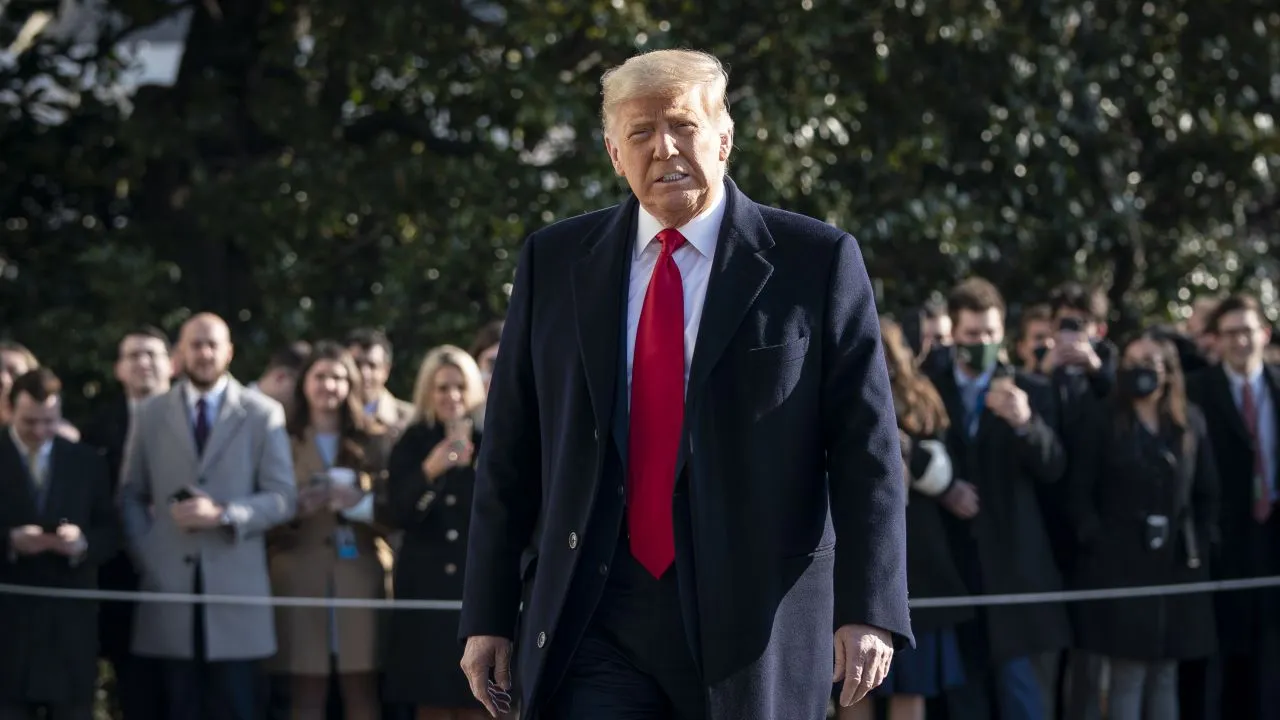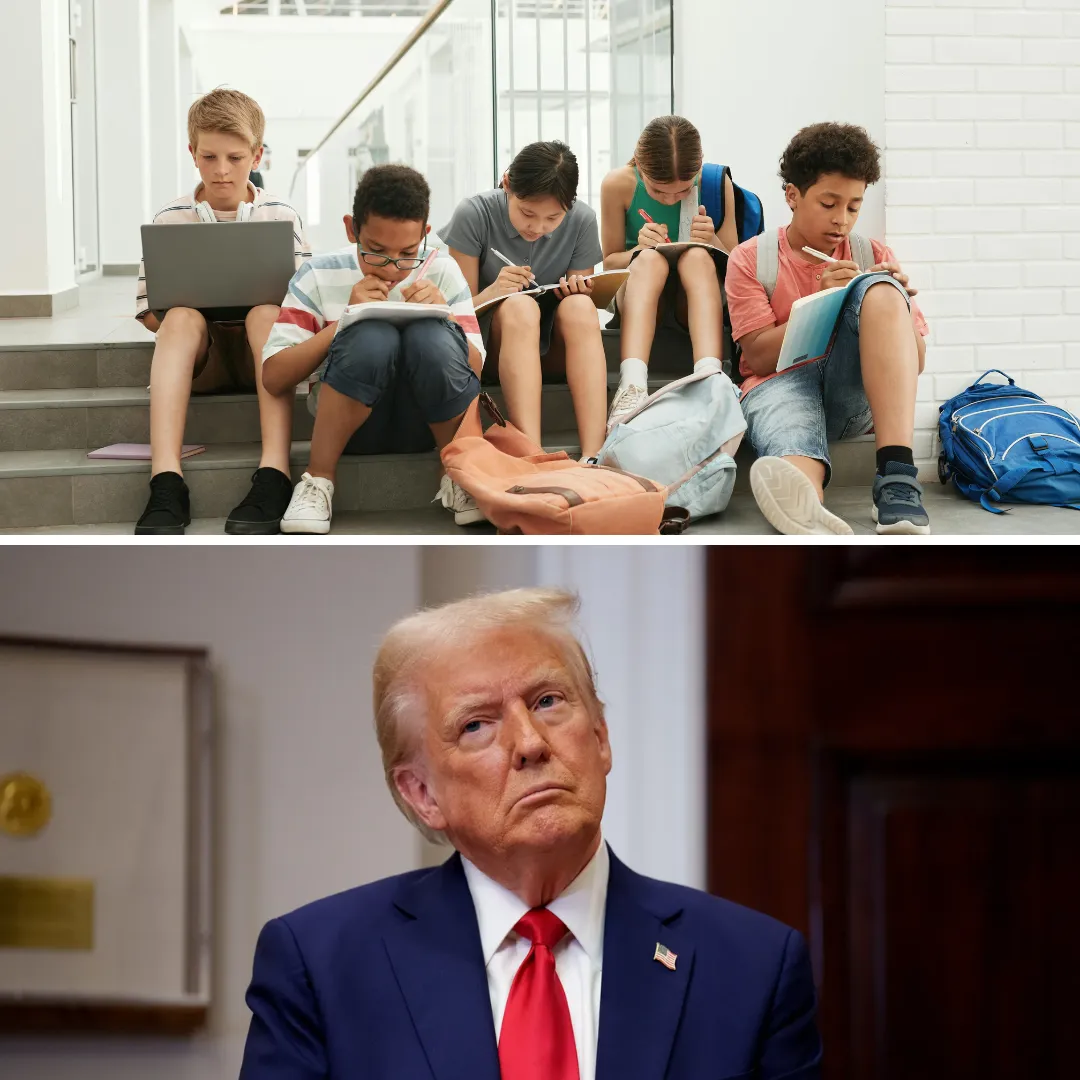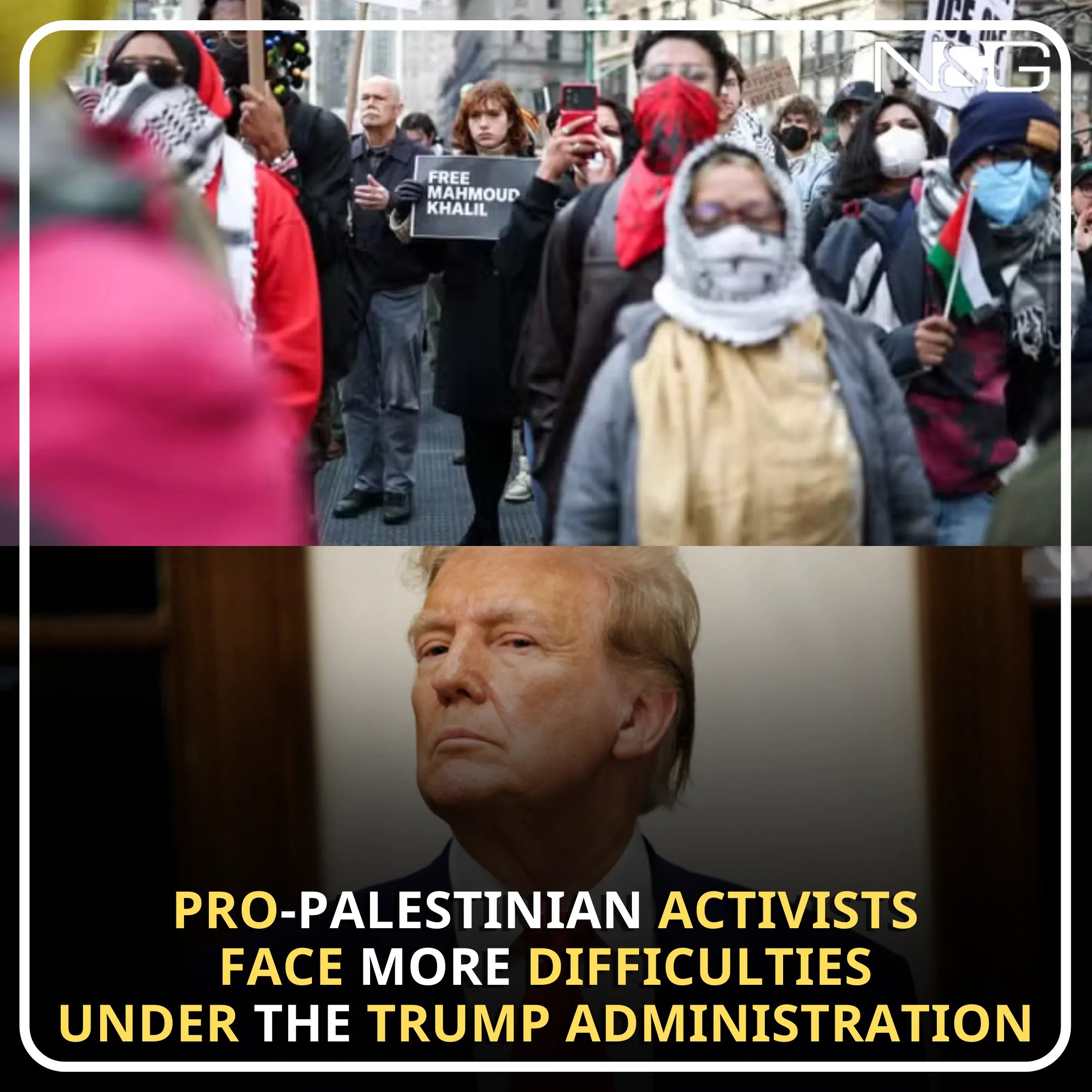
Billionaire hedge fund manager Bill Ackman, a longtime advocate for reforming global trade practices and a vocal supporter of President Donald Trump’s agenda, issued a stern and urgent warning this week: If Trump doesn't halt his aggressive tariff strategy, the U.S. may be heading straight into a self-inflicted economic catastrophe.
Ackman, founder and CEO of Pershing Square Capital Management, took to social media platform X to issue a detailed and sobering critique of Trump’s latest moves, calling them “massive and disproportionate” and suggesting they could plunge the American economy into what he described as an “economic nuclear winter.”
“This is not what we voted for,” Ackman wrote in the viral post. “The President has an opportunity on Monday to call a timeout and have the time to execute on fixing an unfair tariff system.
Alternatively, we are heading for a self-induced economic nuclear winter, and we should start hunkering down. May cooler heads prevail.”
Ackman began his message with praise for Trump’s broader intentions, stating that the country is “100%” behind the idea of leveling the playing field in global trade.
He acknowledged that Trump had brought overdue attention to the “asymmetric tariff deals” that have disadvantaged the U.S. for decades.
But from there, Ackman's tone shifted dramatically, arguing that Trump’s execution has veered into dangerous territory.

Rather than working through diplomacy or coordinated negotiations, Ackman said, Trump has taken a scorched-earth approach—slapping massive tariffs on both allies and adversaries, escalating trade conflicts on multiple fronts simultaneously, and creating a climate of deep uncertainty for businesses around the world.
“Business is a confidence game,” Ackman wrote. “The president is losing the confidence of business leaders around the globe.
The consequences for our country and the millions of our citizens who have supported the president—in particular, low-income consumers who are already under a huge amount of economic stress—are going to be severely negative.”
Ackman’s comments come as global markets reel from the announcement of sweeping tariffs targeting imports from dozens of nations.
Over the past two trading days, the U.S. stock market has plummeted, with major indices shedding hundreds of points. Futures tumbled Sunday evening in anticipation of Monday’s opening bell, signaling more volatility ahead.
Economists and investors alike have raised red flags, warning that Trump’s trade offensive could stall the post-pandemic recovery and trigger a domino effect across industries already struggling with supply chain issues, inflation, and rising interest rates.
For Ackman, the most immediate risk is the collapse of confidence—a commodity more fragile than steel or silicon and one that can vanish with the click of a headline.
“What CEO and what board of directors will be comfortable making large, long-term, economic commitments in our country in the middle of an economic nuclear war?” Ackman asked. “I don’t know of one who will do so.”

Ackman’s solution? A temporary ceasefire.
He proposed that Trump declare a “90-day time out” to pause the escalation, return to the negotiating table, and work with allies to rebalance trade agreements more thoughtfully.
Such a move, he argued, would not only stabilize markets but also restore confidence in the U.S. as a reliable trade partner.
“This would allow him to negotiate and solve asymmetric tariff deals, and induce trillions of dollars of new investment in our country,” he wrote.
But Ackman warned that if this path isn’t taken—and Trump instead continues to escalate—the consequences could be devastating.
Investment would dry up, consumer confidence would crater, and job losses could mount as companies downsize or shut down.
“If markets crash, new investment stops, consumers stop spending money, and businesses have no choice but to curtail investment and fire workers,” Ackman warned.
One of the most striking aspects of Ackman’s message is his focus on who will suffer the most: the very Americans who helped elect Trump.
Low-income and working-class consumers—many of whom already live paycheck to paycheck—are uniquely vulnerable to sudden price increases on essential goods.
Tariffs act as a hidden tax, often passed down to consumers in the form of higher prices on everything from food and clothing to electronics and appliances.

Ackman emphasized that most businesses cannot simply absorb a massive increase in costs overnight, especially those operating with thin margins or carrying substantial debt.
“Almost no business can pass through an overnight massive increase in costs to their customers,” he said.
“And that’s true even if they have no debt, and, unfortunately, there is a massive amount of leverage in the system.”
In this way, Ackman’s critique frames Trump’s strategy not just as a business risk, but as a populist betrayal—one that threatens the financial well-being of the very people Trump claims to champion.
Beyond domestic consequences, Ackman also warned that the White House’s current posture threatens to undermine the global standing of the United States.
“By placing massive and disproportionate tariffs on our friends and our enemies alike and thereby launching a global economic war against the whole world at once,” he wrote, “we are in the process of destroying confidence in our country as a trading partner, as a place to do business, and as a market to invest capital.”
This lack of predictability, he argued, could have long-term consequences for America’s global influence—discouraging investment and encouraging allies to look elsewhere for trade relationships and financial partnerships.
“Confidence, once lost, is very hard to regain,” he added.
Ackman’s warning joins a growing chorus of business leaders, economists, and political figures raising alarms about the trajectory of Trump’s economic policies.

While the president’s base has largely supported his tough-on-trade rhetoric, even some conservative economists have expressed concern that the administration’s approach lacks strategic coordination and may alienate key allies at a time when geopolitical tensions are already high.
At the same time, progressive lawmakers like Sen. Elizabeth Warren (D-Mass.) and Sen. Sherrod Brown (D-Ohio) have long pushed for stronger protections for American workers and industries, but they too have emphasized the importance of working through multilateral agreements and enforcement mechanisms, rather than broad-brush tariffs that could backfire.
Whether Ackman’s appeal will influence Trump’s next move remains unclear. Historically, Trump has shown little interest in backing down from economic fights, often framing them as tests of strength and resilience.
In past trade disputes with China, Canada, and the European Union, he has portrayed tariffs as a form of leverage that ultimately brings adversaries to the table.
But this time, the backlash is louder, more immediate, and coming from some of Trump’s own supporters in the business community.
And with markets already reacting negatively, pressure is mounting for the White House to show signs of flexibility or risk further financial upheaval.
Ackman, for his part, ended his post with a plea for pragmatism over pride.
“This is not about caving in,” he wrote. “This is about leading effectively. It’s about building trust and ensuring stability. It’s about putting the long-term health of our economy—and the people who depend on it—above political theatrics.”

As the country awaits Trump’s response, markets continue to brace for impact. Monday’s open could serve as a litmus test for just how deeply investor confidence has been shaken, and whether a course correction is still possible.
For now, Bill Ackman’s message stands as both a warning and a roadmap—a billionaire insider telling the president that the time for drama is over and the time for strategy is now.



